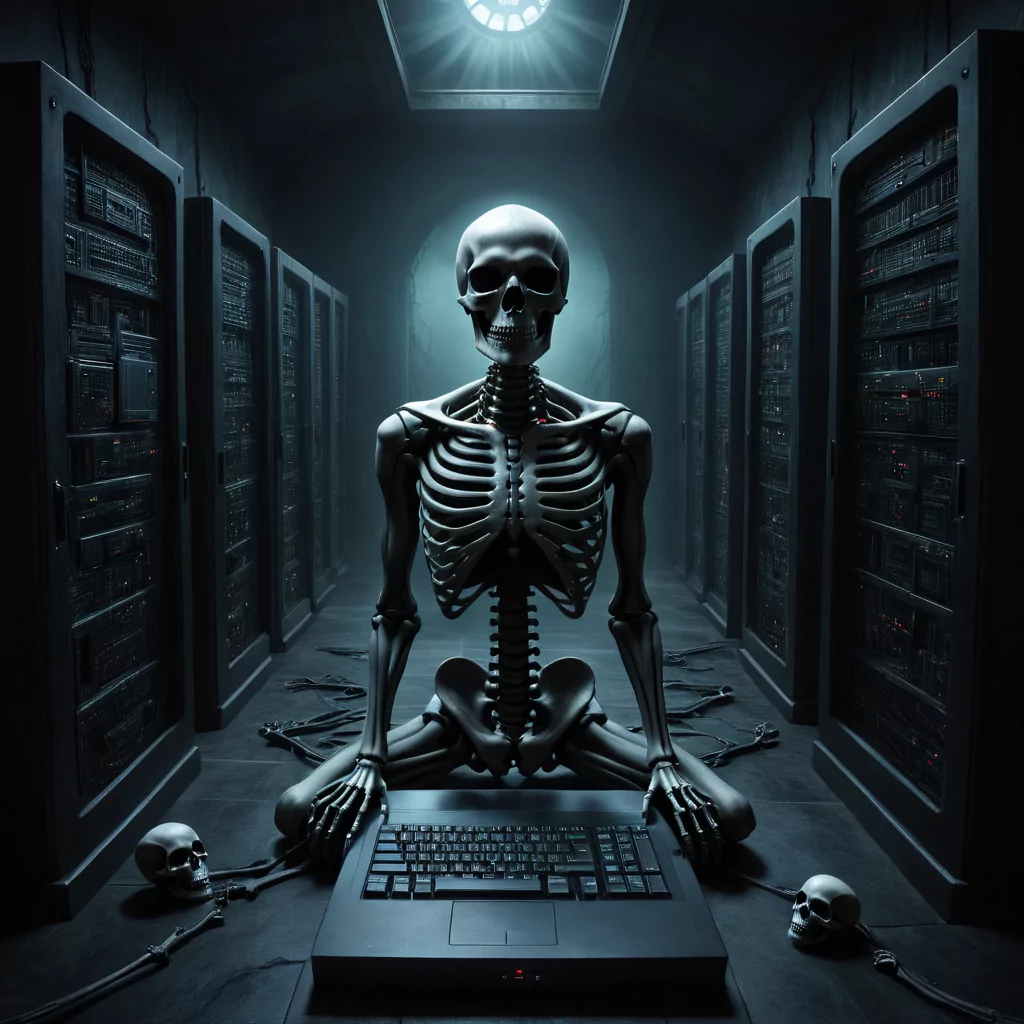How AI Fights Superbugs with Old-school Molecules

Picture this: bringing back long-lost animals like dinosaurs or mammoths to help us tackle modern challenges. Sounds like a sci-fi movie, right? Well, bioengineers at the University of Pennsylvania have done something almost as cool!
They used artificial intelligence (AI) to resurrect ancient molecules called peptides. These special molecules have superpowers against nasty bacteria and might inspire new drugs to fight human infections!
Peptides?
Hold up, what are peptides, and why should we care? Peptides are tiny chains of amino acids, the building blocks of proteins. Humans and other creatures have peptides that can kill bacteria and stop them from growing. It’s like a natural defense system against infections and diseases.
Some of these peptides have even become powerful medicines, fighting serious bacterial infections like champs.

But here’s the catch
Creating new antibiotics has slowed down while antibiotic-resistant bacteria are on the rise. These “superbugs” are a big threat to global health, food security, and development. So, we urgently need new antimicrobial peptides to fight these sneaky bugs.
It’s not all doom and gloom when it comes to using AI, AI can actually be used for good and not just some of the bad things the world has to offer.
Now For The Science
Now, let’s dive into the science stuff. The researchers had a wild idea! They looked for antimicrobial peptides in our ancient cousins, like Neanderthals and Denisovans. These cool hominins lived in different times and faced different germs than we do.
So, they might have some secret peptides that can take on modern bacteria. But how do you find ancient peptides? That’s where AI comes in!
AI Is Aiding These Scientists
AI is like a brainy detective. It looked at the protein sequences of modern humans, Neanderthals, and Denisovans, trying to spot where their peptides might have been hiding. The AI was trained to recognize specific parts of proteins that get cut into peptides. It then predicted which ancient peptides could be antimicrobial based on similarities to known ones.
Once the AI found some cool peptides, it was time for a lab experiment! They made 32 peptides from modern humans and our ancient relatives. And guess what? Twenty of them showed superhero-like powers against bacteria! They even took on those pesky bacteria that resist other drugs. Woohoo!
But the coolest part? The researchers selected six of the mightiest peptides—four from modern humans, one from Neanderthals, and one from Denisovans. They tested these brave warriors on mice infected with Acinetobacter baumannii, a germ that causes infections in hospitals. And guess what happened? All six peptides kicked those germs out of the mice without hurting them at all. Talk about a victory for science!
See AI is not just for creating silly pictures or having human like conversations through chat bots! It also serves many other uses.

Conclusion
Of course, this study is just the beginning. There might be more ancient peptides waiting to be discovered, and we need to test them in humans to see if they’re safe and effective. Also, we should watch out for other types of microbes like viruses and fungi, not just bacteria.
Isn’t it amazing how science can bring ancient molecules back to life? By mixing AI and bioengineering, scientists are unlocking the secrets of the past to create a healthier future. So, next time you hear about AI, remember that it’s not just about robots and gadgets—it’s helping us win the fight against those pesky superbugs!



























